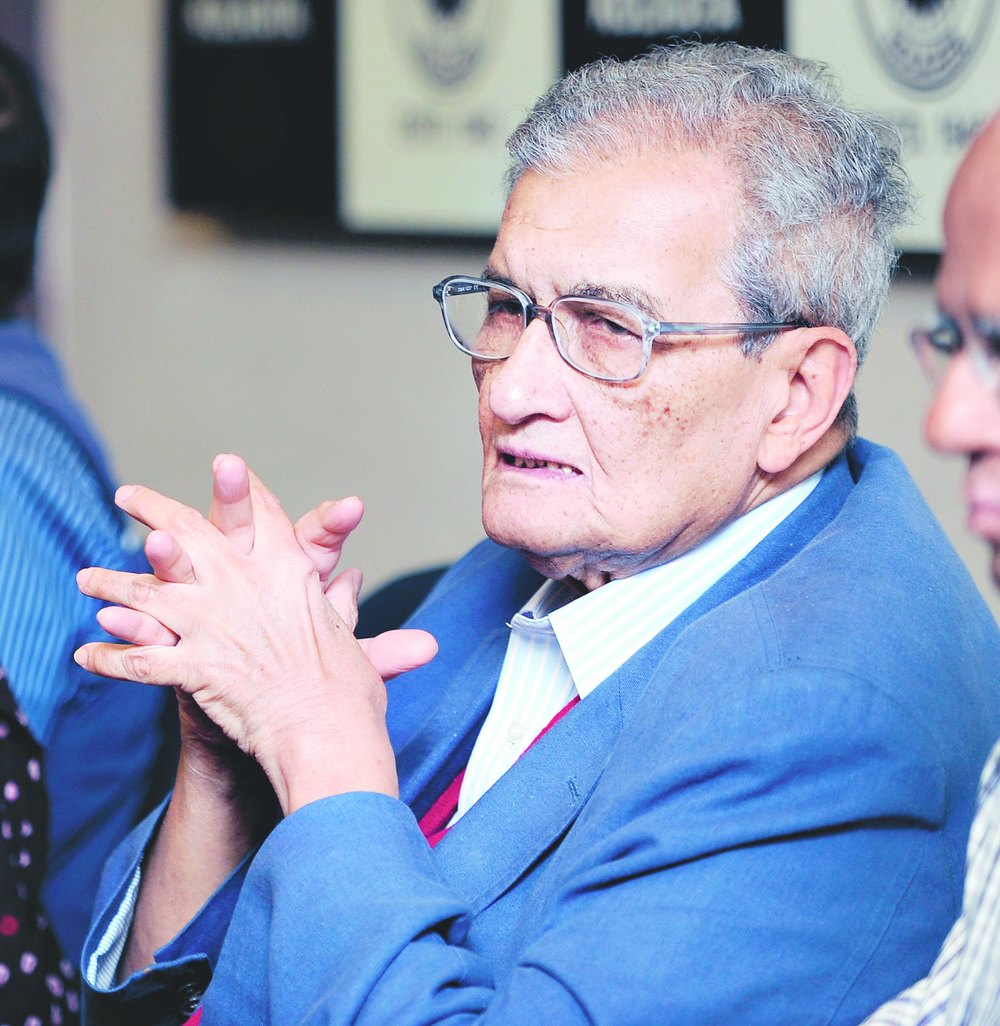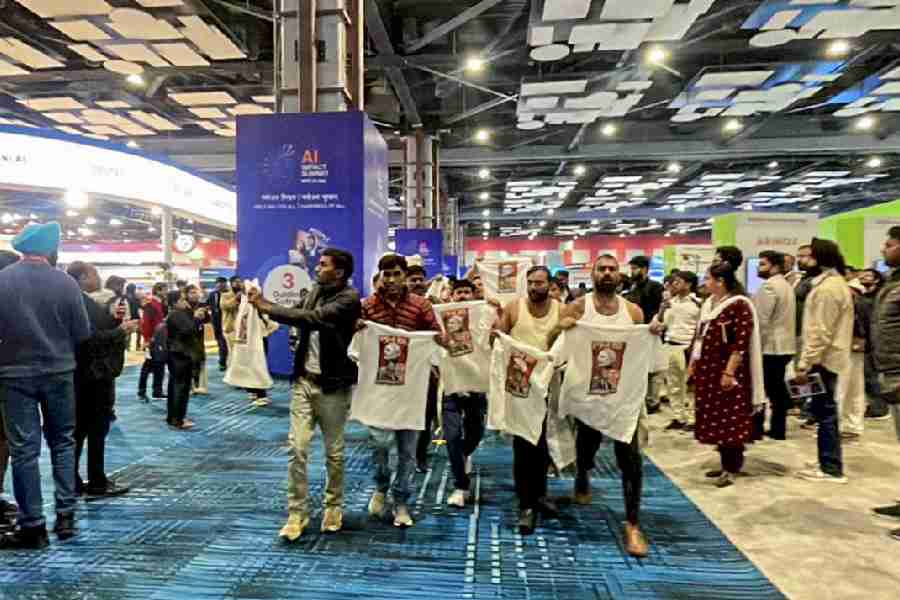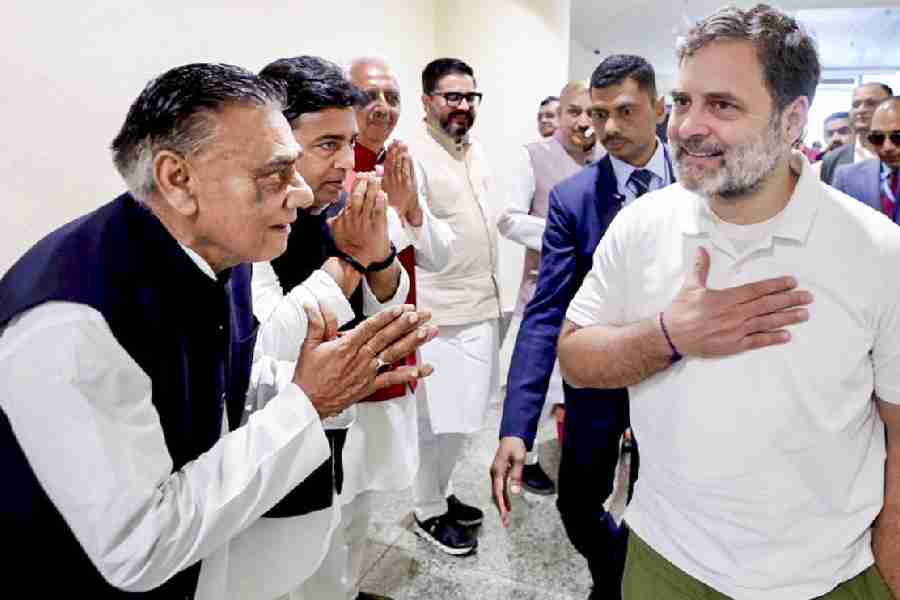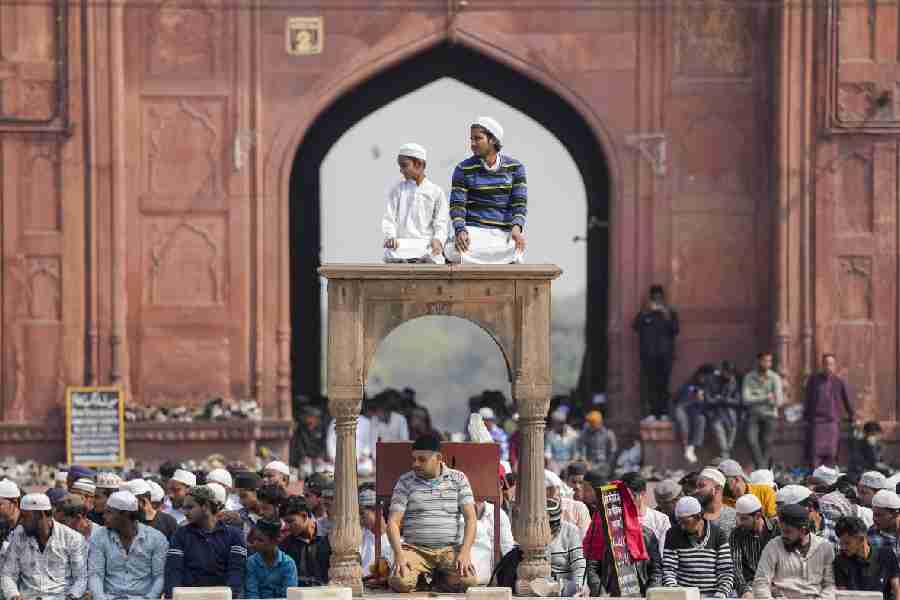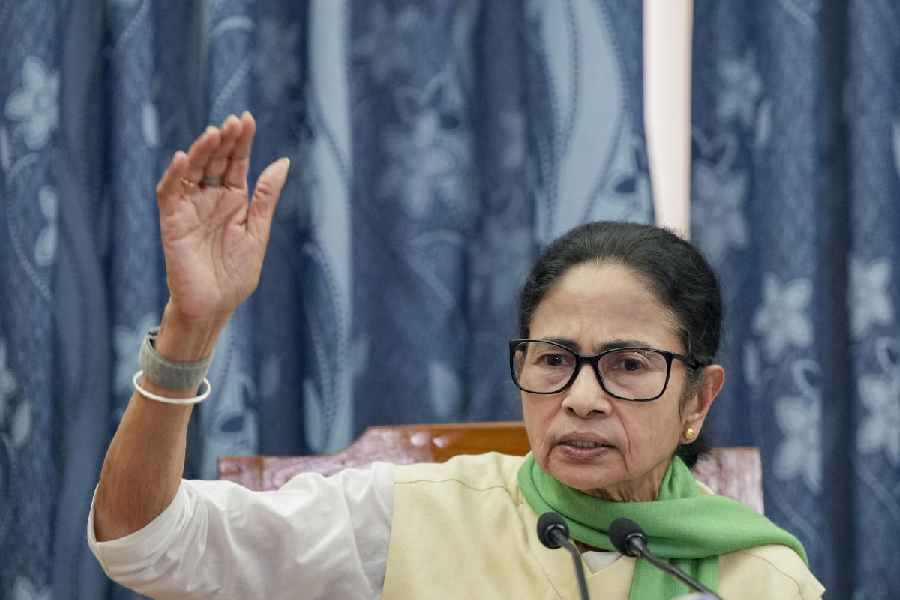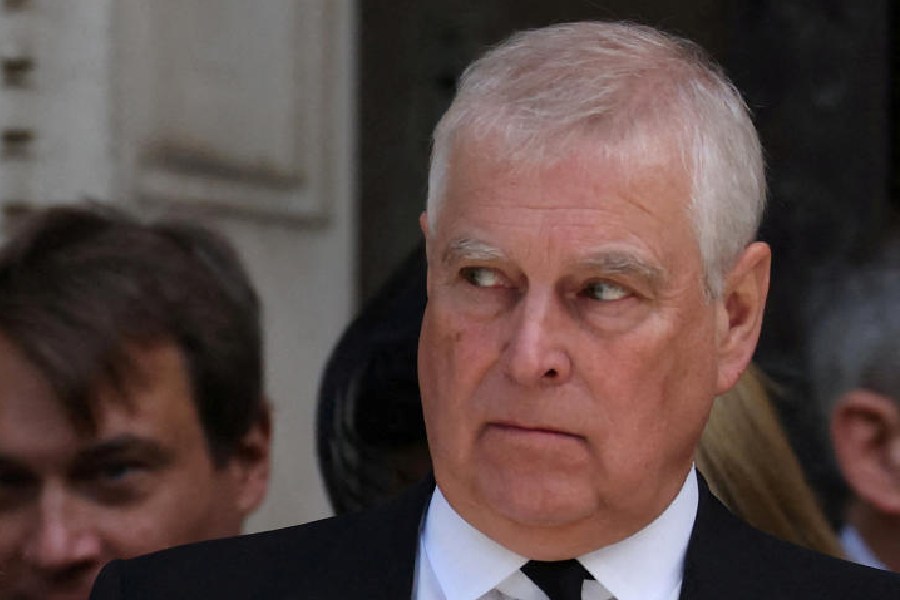
Amartya Sen
New Delhi, Feb. 20: Amartya Sen has withdrawn his candidature for a second term as Nalanda University chancellor saying the Narendra Modi government does not want him to continue, a claim the administration has denied.
The controversy has turned the spotlight on what Sen described as academic autonomy in India remaining 'vulnerable' to the government's 'opinions' and to the 'political use' of university statutes' provisions.
At the heart of the matter lies a recommendation by the university's board of governors to hand a second stint as chancellor to the Nobel laureate in economics, whose current three-year term ends in July.
The Centre has sat on the recommendation for a month, Sen wrote to the board yesterday, citing the delay as evidence that 'the government wants me to cease being the chancellor of Nalanda University' and withdrawing his candidature.
Foreign ministry spokesperson Syed Akbaruddin today denied any move to ease Sen out, claiming the government was yet to receive the 'approved' minutes of the board meeting.
But university governing board member and academic Sugata Bose told The Telegraph that the 'relevant extracts' of the January 13-14 meeting - that is, the portion relating to Sen's continuation - were sent to the ministry on January 15.
He said the ministry had not placed the proposal before the President of India, who happens to be the university's highest official or Visitor and has sole authority to decide the matter.
Akbaruddin didn't refer to the extracts at all but to 'approved' minutes. 'We can only act once we receive approved minutes of the board. These are yet to be received by us,' he tweeted.
The bureaucrat told reporters the Nalanda governing board had circulated the meeting's draft minutes among its members on February 13, giving them two weeks to suggest any corrections before the minutes were finalised.
Only after February 27, therefore, can the university send the 'approved' or final minutes to the ministry to be forwarded to the Visitor, Akbaruddin argued.
Bose insisted that the 'relevant extracts' were good enough for a decision and accused the ministry of giving a 'lame' excuse.
'The governing body sent the relevant extracts of the minutes on January 15 but they (the ministry) sat over it,' he said.
Bose explained that the board had sent the extracts before the full minutes could be prepared so that, if the Visitor rejected the recommendation, it would have time to consider new candidates before Sen's term expired in July.
'Time-wasting'
'Non-action is a time-wasting way of reversing a board decision, when the government has, in principle, the power to act or not act,' Sen wrote in his letter to the board yesterday.
'It is hard for me not to conclude that the government wants me to cease being the chancellor of Nalanda University after this July, and technically, it has the power to do so.... I have, therefore, decided that in the best interest of Nalanda University, I should exclude myself from being considered for continuing as chancellor beyond this July.'
Sen, a long-time Modi critic, had publicly disapproved of the BJP leader as a potential Prime Minister in the run-up to last year's general election. He has long argued against the economic direction encouraged by some of Modi's advisers, such as Columbia University professors Jagdish Bhagwati and Arvind Panagariya.
Asked if the government delay on the recommendation owed to his criticism of Modi, Sen was quoted by PTI as saying: 'I think it would be rather megalomaniacal of me to take that view. I think I really do not matter in the context of the prime ministerial decision. It is for others to speculate.
'My wife asks me that you were a critic of Modi and he does not want you as a chancellor. It is completely symmetrical.
'As an Indian voter it is my liberty to like a candidate or not, to speak a point or not.... It's for the board to decide on the chancellorship. In this case, if the Prime Minister has taken a decision on this, well that's not his job.'
Autonomy ache
Sen's letter also touched on the larger point of the lack of academic autonomy at Indian universities.
'I am also sad, at a more general level, that academic governance in India remains so deeply vulnerable to the opinions of the ruling government, when it chooses to make political use of the special provisions,' he wrote.
Bose, professor of oceanic history and affairs at Harvard, echoed him. 'Indian institutions follow the colonial practice under which the government is an intermediary between the institutions and their Visitors,' he said.
'The government interferes in academic affairs in most universities. It is one of the reasons why Indian institutions are not among the top 200 global institutions.'
Bose elaborated on the point, citing several government decisions on the affairs of Nalanda University, which functions under the foreign ministry because it is an international institution with foreign countries as partners.
Last year, he said, the governing board had recommended increasing the chancellor's tenure from three years to five years - which too would have extended Sen's stint - but the ministry never acted.
Under the Nalanda University Act 2010, the chancellor chairs the board, which manages the institution and decides it policies. The board includes the vice-chancellor, five representatives from the member countries that provide the highest financial assistance, two nominees each from the central and Bihar governments, and three noted academics.
The board has recommended that the condition linking foreign membership to highest financial assistance be scrapped because it is in bad taste but the ministry has not amended the statute to this effect, Bose said.
Campus fallout
Bose said Sen's departure (after July) would be a 'huge loss' and that all the other board members were extremely sad about it.
Tansen Sen, a Nalanda board member who teaches Asian history and religions at the City University of New York, said in an email that Sen's resignation was a loss for the institution.
India and over a dozen other East Asia Summit nations have collaborated to revive Nalanda University, one of the world's premier centres of learning from the first to the 12th century AD. Amartya Sen has headed the project since 2007, first as chief of a mentor group and then as chancellor.
Any delay in full implementation of the high-profile international project will hurt India's standing at global forums, Tansen Sen said.
'It will not only perpetuate the negative stereotypical images of India but will also hinder future collaborations with foreign countries in the field of education,' he said.
'At the same time, the faculty and students who have already committed to the ideals of new Nalanda and joined the university from different regions of India and the world will be disheartened and disappointed with the lack of academic governance at a unique institution created through a special act of Parliament. This will make the recruiting of new faculty and students extremely difficult.'
Bose said Sen's continuation at the helm would have helped the institution attract more international partners.
'His (Amartya's) personality was attracting international support. He was deeply engaged in the university's affairs. It is a huge loss,' he said.
The university started history and ecology courses last September and plans three more - in economics, public health and Buddhist studies - from this year. It operates from a temporary campus in Rajgir. The construction of the permanent campus is yet to begin.
Additional reporting by Charu Sudan Kasturi

